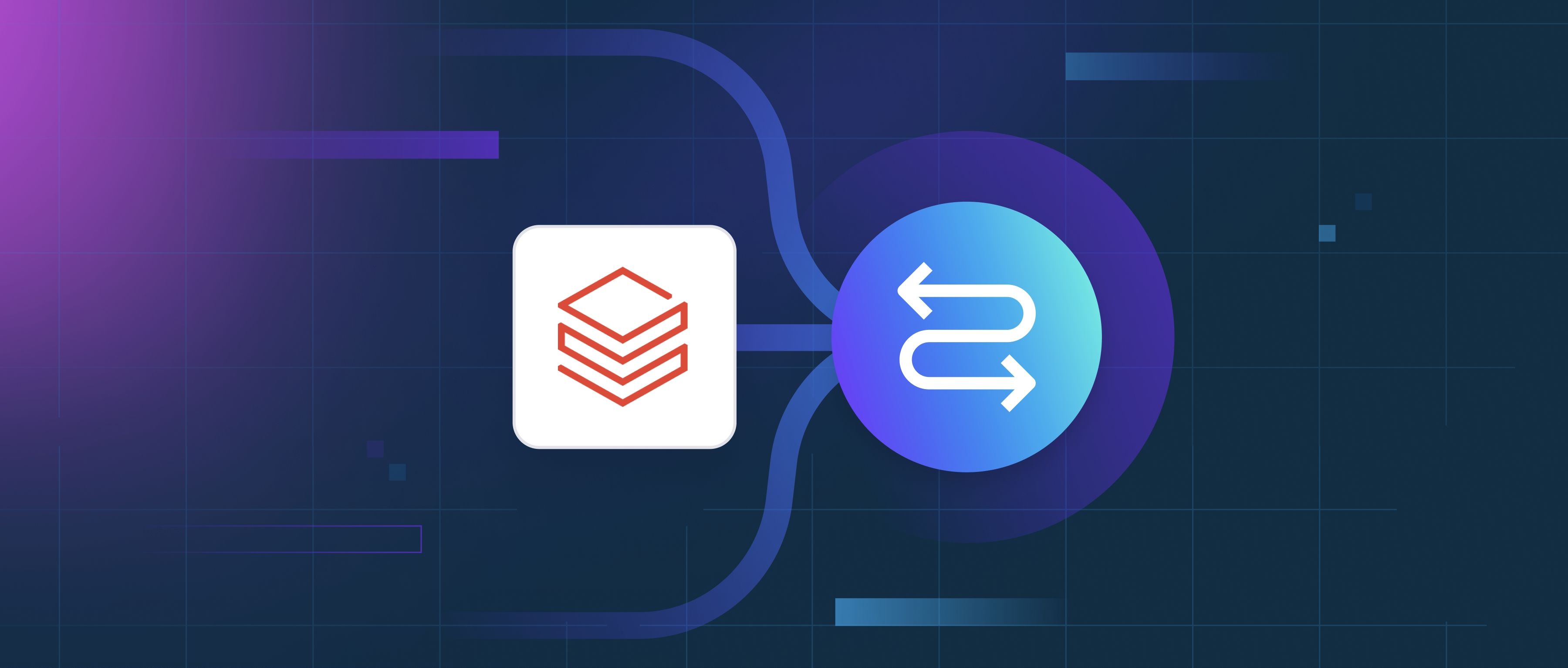Government agencies and the public sector can leverage Amazon Bedrock to streamline public services by building AI-powered chatbots and document-processing tools. Bedrock’s access to foundation models (FMs) enables agencies to create applications that understand natural language, automate repetitive tasks, and integrate with existing systems. This reduces manual workloads while improving accessibility and accuracy for citizens interacting with government services.
A primary use case is developing informational chatbots to handle public queries. For example, agencies could deploy chatbots to answer common questions about tax filing deadlines, social benefits eligibility, or emergency services during crises like natural disasters. These chatbots could process real-time data—such as weather alerts or application status updates—by connecting to backend databases via APIs. For multilingual communities, models like Amazon Titan can provide responses in multiple languages, ensuring broader accessibility. This reduces call center volumes and wait times while offering 24/7 support. For instance, during a health crisis, a chatbot could guide users through testing site locations, vaccine eligibility, or symptom-checking workflows, freeing staff to address complex cases.
Another application is automating paperwork assistance. Citizens often struggle with government forms due to unclear instructions or complex requirements. A Bedrock-powered assistant could guide users step-by-step through applications for permits, licenses, or benefits. For example, when applying for unemployment benefits, the chatbot could ask context-aware questions, validate inputs (e.g., checking if a Social Security number matches records), and flag missing information. It could even auto-fill fields using pre-approved user data (with proper consent), reducing errors and processing delays. Similarly, for business license applications, the tool could cross-reference zoning laws or tax records to pre-validate submissions before they reach human reviewers.
Finally, Bedrock can enhance compliance and scalability. Government systems must adhere to strict data privacy regulations (e.g., GDPR, HIPAA). Bedrock’s secure infrastructure and model customization options allow agencies to implement guardrails—like filtering sensitive data or restricting off-topic queries—to meet compliance needs. For example, a veterans’ benefits chatbot could be trained to avoid storing personal health details. Additionally, serverless deployment via services like AWS Lambda ensures cost-effective scaling during peak periods, such as tax season or disaster recovery efforts. By combining these features, agencies can modernize services while maintaining security and reducing operational costs.
